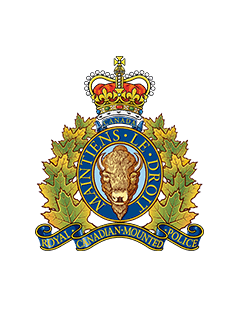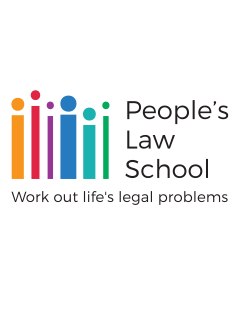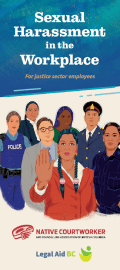
Sexual Assault
Government of British Columbia
Find the help available if you or someone you know is a victim of sexual assault. Sexual assault is any sexual contact that happens without the consent of both people. It can range from unwanted sexual touching to forced sexual intercourse.
Last reviewed August 2024





